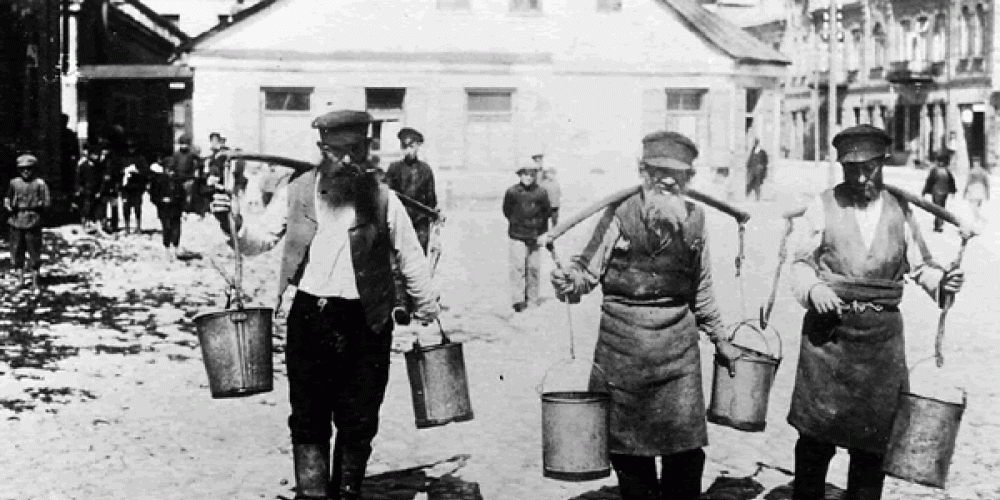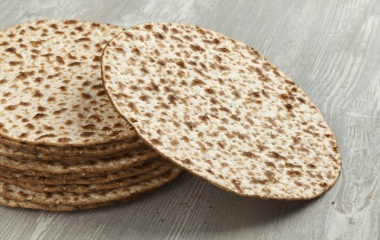
Rav Yisrael Salanter, the 19th century founder of the mussar movement, was asked by his students what the most important concern is when baking matzah. With the severe prohibition against eating chametz and the haste needed to ensure that the flour does not become leavened, there is much to worry about. Rav Yisrael replied, "Be careful to ensure that the water porters struggling to earn a living are not made to carry heavy buckets of water". He knew that there is much more to baking matzah than simply...baking matzah. Forcing others into "slave labour" so that one can eat matzah would be the height of irony, and a clear misunderstanding of the message of Pesach.
Rav Yisrael understood that Jewish law is interdisciplinary. It often takes halachic principles gathered from many different areas of law in order to determine the proper response in any given area. For example, when examining a question in the laws of kashrut, one must also consider the laws of hachnasat orchim, welcoming guests, or the laws of tzedakah. While a particular food might be normally be rendered non-kosher (on a rabbinic level), in a situation where doing so may mean that guests might not have food to eat,[1] or where throwing out such food is a heavy financial burden on the family, the food will be deemed kosher. This explains why two people asking the exact same question can--and often should--receive separate answers. Halacha truly is an art, and those who can apply it properly are few and far between.
Such sensitivity was not invented in the 19th century. The process of ridding our homes of chametz consists of both bedikat chametz, checking for chametz and biur chametz, destroying any chametz, we may have in our home. Fearing that one might miss some chametz, the Gemara rules that one must also do bitul chametz, the nullification of chametz, so that such missed chametz is considered worthless. As to why we do not just do bitul if and when we find chametz on Pesach, the Gemara responds that bitul is only effective before Pesach begins.
The Gemara tries to reject that premise, based on the following thought: "One who was sitting in the beit midrash and remembered that he had chametz in his home should nullify it in his heart, even on Shabbat or Yom Tov" (Pesachim 7a). No need to miss the rest of the shiur and go home--rather, we will allow one to rely only on bitul, bypassing the obligation to physically rid oneself of the chametz. As Yom Tov is specifically mentioned, it is clear that we are talking about the first (or seventh) day of Pesach--long after Pesach has begun.
The rejection of this proof teaches much about our hierarchy of values. The Gemara says that this particular ruling is referring to a case in which a student listening to a lecture given by his teacher. In the middle of class, he recalls that he has some dough at home that has yet to leaven, but likely soon will. So while normally, one would have to run home, even from the beit midrash, and remove the dough, or bake it before it becomes chametz, we allow--nay, require--a student to rely on bitul chametz. To walk out on a class is show of great disrespect, a much more serious issue than the requirement of bedikat chametz.
Many are most meticulous in their observance of Pesach. For some, that means an almost irrational fear of the remotest connection to chametz. The ideal way to observe Pesach requires us to be most sensitive to the feelings of others.
[1] A similar situation often occurs on the first night of Sukkot when it is raining. Many rule that one should wait a few hours to see if the rain will clear up, but not if one is hosting needy people.



